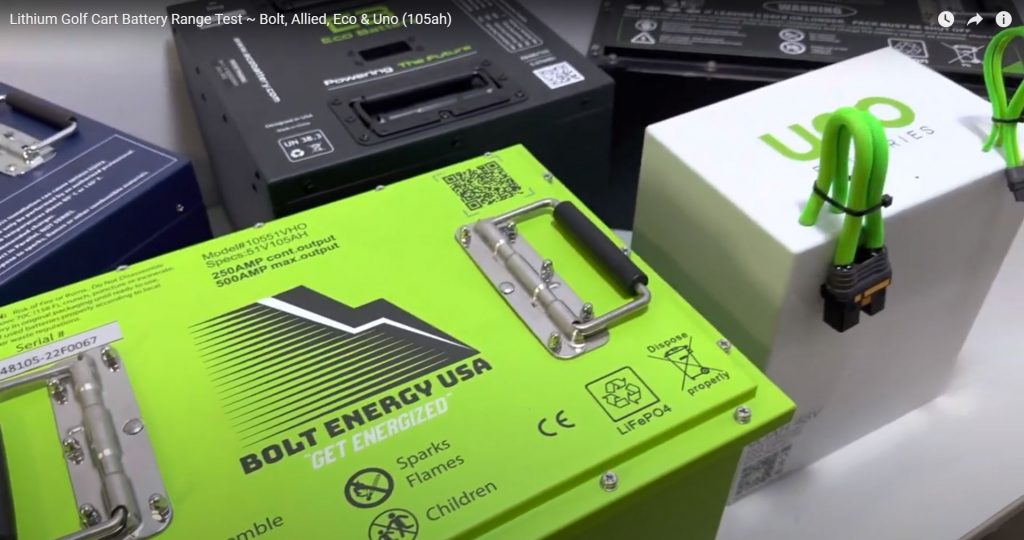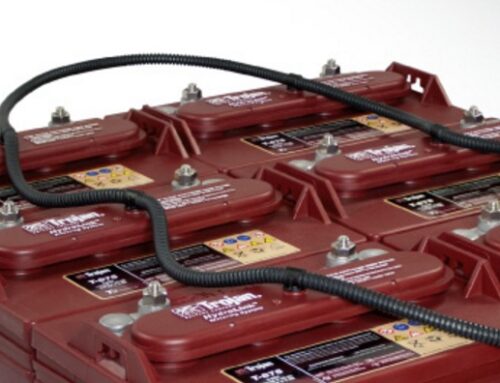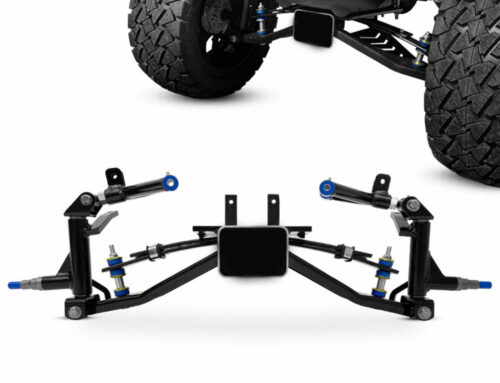As the golf cart industry continues to modernize, lithium batteries have quickly gained popularity as a superior alternative to traditional lead-acid batteries. But with the rise in demand comes a common question: Are lithium golf cart batteries safe?
The short answer is yes, lithium golf cart batteries are generally very safe—when properly manufactured, installed, and maintained. In fact, they offer several safety advantages over lead-acid batteries. But as with any power system, there are risks to be aware of, especially if cheap or poorly made batteries are used.
Why Lithium Batteries Are Considered Safe
- Built-In Battery Management Systems (BMS)
Modern lithium golf cart batteries come with integrated Battery Management Systems. These intelligent systems monitor key safety parameters such as temperature, voltage, charge/discharge rates, and more. If something goes out of range, the BMS can shut the battery down to prevent damage or danger.
- Stable Chemistry
Most golf carts use LiFePO4 (Lithium Iron Phosphate) batteries, a type of lithium battery known for its thermal stability and resistance to combustion. Compared to lithium-ion chemistries used in cell phones and laptops, LiFePO4 batteries are far less likely to overheat or catch fire.
- No Fumes or Spills
Unlike lead-acid batteries, lithium batteries do not release hydrogen gas or require water refilling. This eliminates the risk of acid spills or gas buildup, making them cleaner and safer to use and store.
- Lighter Weight
A lighter battery reduces the total weight of the golf cart, improving braking performance and reducing strain on the vehicle’s frame and suspension—further contributing to overall safety.
Potential Safety Risks and How to Avoid Them
While lithium batteries are safe by design, there are still potential risks—most of which stem from low-quality products or incorrect installation.
- Overcharging or Overheating: Using incompatible chargers or bypassing the BMS can result in overheating. Always use a charger designed for your specific lithium battery model.
- Poor Manufacturing Standards: Not all lithium batteries are created equal. Off-brand or no-name batteries may lack critical safety features. Stick to reputable brands with strong warranties and good customer support.
- DIY Conversions Gone Wrong: Converting a lead-acid cart to lithium without proper knowledge can lead to short circuits, fire hazards, or system failures. If you’re not experienced with electrical systems, it’s best to hire a professional.
Tips for Safe Use of Lithium Golf Cart Batteries
- Buy from reputable manufacturers with clear safety certifications.
- Use the correct charger—preferably one provided or recommended by the battery maker.
- Store the battery in a cool, dry place when not in use.
- Do not attempt repairs or modifications unless you’re trained to do so.
- Check for a BMS and ensure it’s functioning properly.
Final Verdict
Lithium golf cart batteries are not only safe—they are often safer than traditional lead-acid batteries, especially in terms of handling, environmental impact, and performance. As long as you purchase from a reputable source and follow proper installation and usage guidelines, lithium batteries provide a highly reliable and secure power source for your golf cart.
Whether you’re a golf enthusiast, campground cruiser, or neighborhood commuter, lithium batteries are a smart, efficient, and safe choice for powering your ride.





